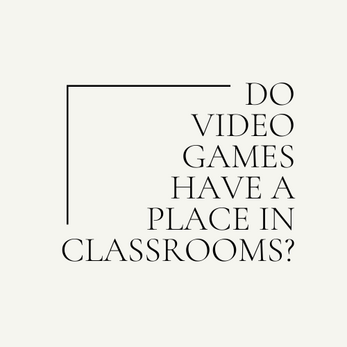Video Game Design, Computational Thinking, & Constructionism in the Classroom
The information throughout this twine is synthesized by Anneke Nussbaum (UBC grad student in the Master of Educational Technology program) from case studies, research, and meta-synthesis of game play and design in educational settings, listed in the references below. This includes details about the game design engines, pedagogical approaches, and impact on learning.
References
Burke, Q. & Kafai, Y. (2014). Decade of game making for learning: From tools to communities. M. Angelides & H. Agius (Eds.) Handbook of Digital Games (pp. 689-709). New York: John Wiley & Sons, Inc.
Ciampa, K. (2013). Learning in a mobile age: An investigation of student motivation. Journal of Computer Assisted Learning, 30(1), 82–96.
de Castell, S. & Jenson, J. (2003). Serious Play. Journal of Curriculum Studies, 35, 6, 649-666.
Denner, J., Campe, S., & Werner, L. (2019). Does computer game design and programming benefit children? A meta-synthesis of research. ACM Transactions on Computing Education, 19(3), 1-35. doi:10.1145/3277565
Jenson, J. & Droumeva, M. (2017). Revisiting the media generation: Youth media use and computational literacy instruction. E-learning and digital media, 14, 4, 212-225.

Leave a comment
Log in with itch.io to leave a comment.